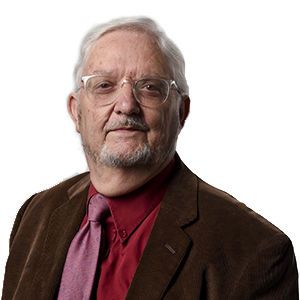[ad_1]

Edifice complex. Two words that describe what some institutions do to prove they are doing something that warrants support, especially of the financial kind: They put up a building or two.
Government, public and private organizations offer frequent examples of this complex, as if buildings were the key to success. ‘The term “edifice complex” was thought to be first applied in the 1970s to describe then Philippines First Lady Imelda Marcos’ habit of using publicly funded construction projects for political purposes, although it has been applied to others since then.
I got to thinking about edifice complexes the other day when I thought about tall buildings in New York City, especially Trump Tower, standing as a symbol of a family empire but now involved in a lawsuit that could mean it will be turned over to a new owner, even its name possibly being changed.
The edifice complex feels almost biblical in scope, reminding me of another ancient one, the Tower of Babel. It’s a story told in the Book of Genesis in which the people try to erect a structure reaching to heaven. Of course, the ambitious project doesn’t materialize because of the excessive pride of the builders. The workers speak different languages, thus making it impossible to build. Selfish pride is usually the culprit in stories about failures.
The truth is that just like thousand-year-old edifices of the past, nothing lasts forever, including the buildings and people who built them. Every tradition I know points to this universal wisdom that nothing humans build lasts forever. This should keep us humble but often doesn’t, another mark of our own folly and shortsightedness.
Don’t get me wrong, organizations need buildings in which to provide services, but these structures are not necessarily the ones always needed to fulfill their missions. Sometimes, having more or higher-paid staff is just as important as new structures, and sometimes improving the quality of services is even more vital than putting up a new building and going into debt. Like everything else in life, it’s all a matter of keeping a balance — physical structures not being the only measure of progress.
Here’s the point — don’t put your trust in brick-and-mortar projects or the people who make promises to build them. These buildings won’t last forever and will eventually be lost to collective memory. Put your trust in things less tangible or obvious, like the words and deeds of wise people and great ideas that last.
Consider the wisdom of the once powerful emperor Marcus Aurelius of Rome, who nearly 2,000 years ago offered this wisdom for how best to live: “The one precious thing inlife is to spend it in a steady course of truth and justice.…”
John C. Morgan is an author and former ethics professor whose columns can be found at www.readingeagle.com
[ad_2]
Source_link


